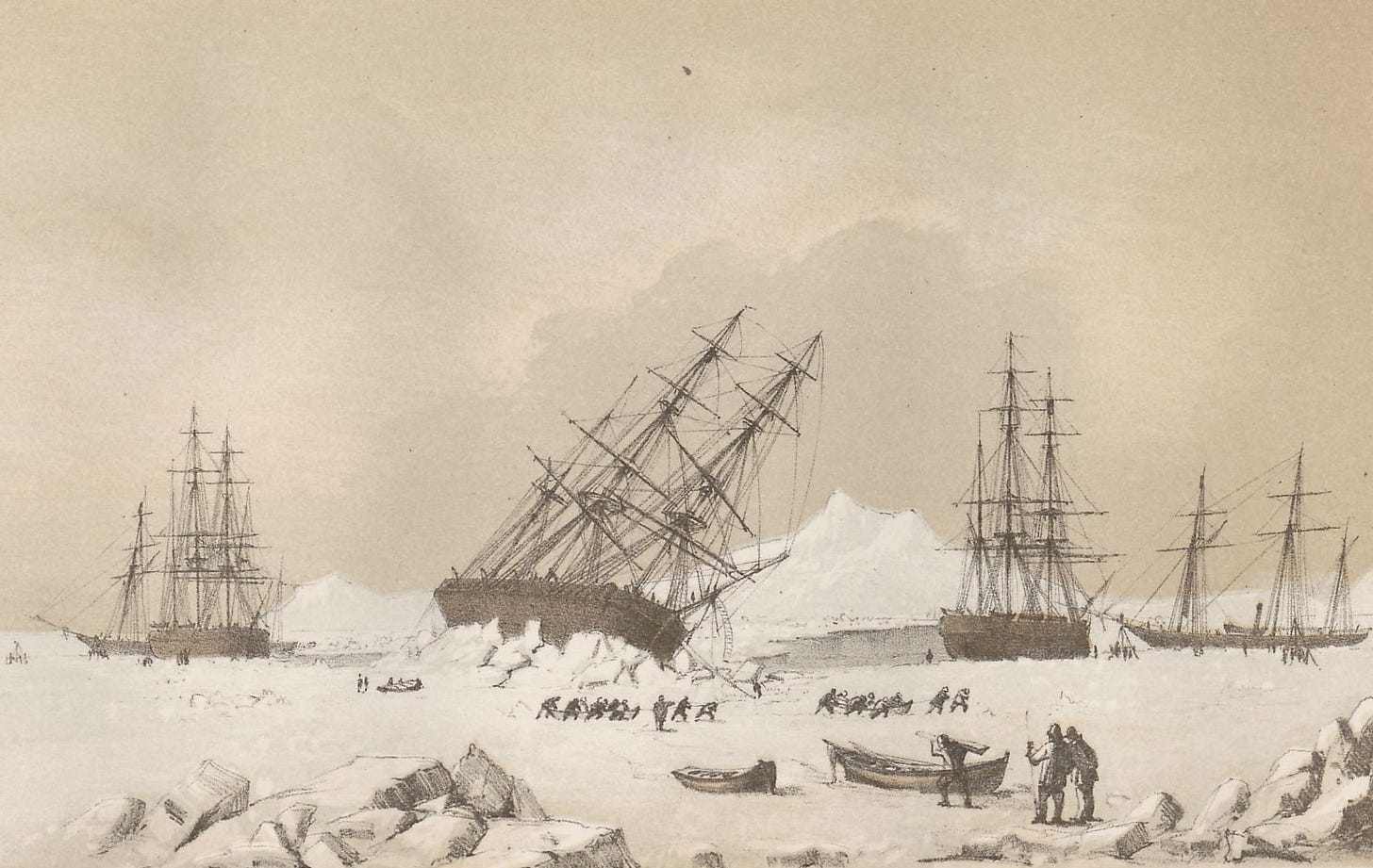Resoluteness in the Face of Adversity
Determination, even in view of defeat, brings lessons

With the Arctic cold bearing down on much of the Midwest and Northeast this weekend, it seems appropriate to remember the British explorer Robert Falcon Scott.
In 1910, Scott famously set out to be the first to reach the South Pole. He had previously undertaken an expedition to Antarctica in 1901. It was only 50 years before that Arctic exploration commanded the attention of the world's explorers:



